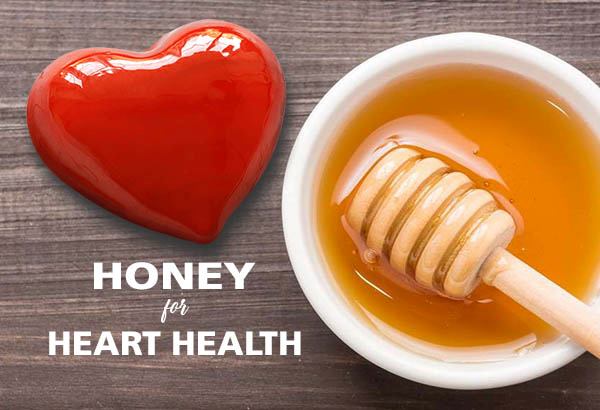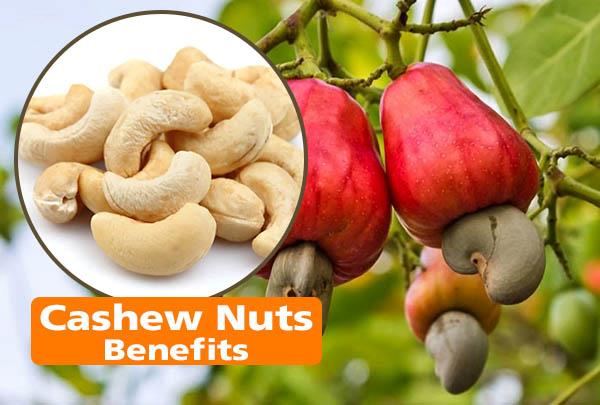Our hearts beat tirelessly, but how often do we reciprocate the love they give us? We often forget the silent workers that keeps us alive. How to protect your heart from the silent threats of cardiovascular issues? In this article, we uncover the remarkable benefits of honey for heart health and how this golden elixir can help you live a longer, healthier life.

Table of Contents
The Impact of Honey on Cardiovascular Health
One of honey’s standout features is its ability to reduce inflammation in the cardiovascular system. Chronic inflammation can damage your blood vessels, making them more prone to disease. But honey’s anti-inflammatory properties help keep your heart’s pathways clear and functioning optimally.
Additionally, honey for heart health has a positive impact on triglyceride levels in the blood. High triglycerides can increase your risk of heart disease, but honey can help lower these levels, making your heart’s job easier.
Enhancing Cardiovascular Function
Honey for heart health goes beyond just supporting your heart; it also plays a crucial role in enhancing the functioning of your blood vessels and arteries. Incorporating honey for heart health into your diet promotes better blood flow, significantly reducing the risk of clot formation and ensuring that your circulatory system operates smoothly.
You can enjoy honey any time throughout the day. Start your day with a teaspoon of honey in your morning routine or savor it as a soothing bedtime treat, the choice is yours.
The Specific Antioxidants in Honey for Heart Health

Honey contains several numbers of antioxidants, including phenolic acids and flavonoids, which may support better health and neutralize reactive oxygen species (ROS) in your body, which can build up in cells and cause damage. This damage can contribute to conditions like premature aging, type 2 diabetes, and heart disease[1]. The antioxidants present in honey come from a variety of sources, including Vitamin C, monophenolics, flavonoids, and polyphenolics. While there isn’t specific information on which antioxidants in honey are beneficial for heart health, it’s likely that the combination of antioxidants in honey work together to provide the heart health benefits associated with honey consumption.
8 Benefits of Honey for Heart Health
Honey, often referred to as nature’s sweet nectar, we use it not only for its delightful taste but also for its potential positive impact on heart health. In this comprehensive exploration, we delve into the multifaceted benefits of honey for heart health.
- Heart Disease Risk Reduction: Consuming honey regularly has been associated with a reduced risk of heart disease. Its natural antioxidants and anti-inflammatory properties help protect the cardiovascular system.
- Cholesterol Management: Honey may aid in managing cholesterol levels. Studies suggest it can help lower LDL (bad) cholesterol while increasing HDL (good) cholesterol, contributing to a healthier heart profile.
- Blood Pressure Regulation: Honey’s potassium content can support blood pressure regulation. We know potassium for its vasodilatory effect, which helps relax blood vessels and reduce strain on the heart.
- Anti-Inflammatory Effects: Chronic inflammation is a key contributor to heart disease. Honey’s anti-inflammatory properties may help reduce inflammation in the arteries, lowering the risk of atherosclerosis.
- Antioxidant Power: Honey is a rich source of antioxidants, including flavonoids and polyphenols, which combat oxidative stress and protect the heart from damage caused by free radicals.
- Improved Blood Sugar Control: Maintaining healthy blood sugar levels is crucial for heart health. Honey, when consumed in moderation, may help regulate blood sugar, reducing the risk of diabetes-related heart issues.
- Enhanced Endothelial Function: The endothelium is the inner lining of blood vessels. Honey has shown potential in improving endothelial function, promoting better blood flow and preventing clot formation.
- Weight Management: Maintaining a healthy weight is essential for heart health. Honey, can be use as a natural sweetener in place of refined sugar, aiding in weight management efforts.
Incorporating honey into your diet for heart health is a wise choice, but it’s crucial to do so in moderation. Excessive honey consumption can lead to calorie intake that may contribute to weight gain, potentially negating some of its benefits.
Other Health Benefits of Consuming Honey
Here are some of the other health benefits of consuming honey:
- Gastrointestinal disease: Evidence suggests honey might help relieve gastrointestinal tract conditions such as diarrhea associated with gastroenteritis. Honey might also be effective as part of oral rehydration therapy.
- Neurological disease: Studies suggest that honey might offer antidepressant, anticonvulsant, and anti-anxiety benefits. In some studies, we have shown honey to help prevent memory disorders.
- Cough relief: we have shown Honey to be an effective cough suppressant, especially in children.
- Wound healing: Honey used topically to treat burns and promote wound healing.
- Antibacterial and antifungal properties: Honey has antibacterial and antifungal properties that can help fight infections.
- Eye health: Honey traditionally used in the treatment of eye diseases.
- Heart health: Honey may help prevent heart disease by lowering blood pressure, improving blood fat levels, regulating heartbeat, and reducing inflammation.
- Nutrition: Honey contains amino acids, vitamins, minerals, iron, zinc, and antioxidants.
It’s important to note that honey is a type of sugar, so consuming it will cause your blood sugar levels to rise. Eating large quantities of honey, especially consistently over a long period, can contribute to weight gain and increase your risk of diseases like type 2 diabetes or heart disease. Therefore, it’s recommended to consume honey in moderation as part of a balanced diet.
See also: Carrots For Heart Health
How to Incorporate Honey into Your Diet?
Practical Use of Honey for Heart Health
Using honey for heart health involves knowing how to make it a delightful part of your daily routine. Here are some tips:
- Use it as a Sugar Substitute: Swap out refined sugar for honey in your tea, coffee, or baking. This simple switch can make a big difference in reducing your sugar intake.
- Honey-Infused Recipes: Explore heart-healthy recipes that incorporate honey. From honey-glazed salmon to yogurt parfaits drizzled with honey, the options are deliciously endless.
- Mindful Consumption: While honey offers health benefits, it’s still a source of calories. Consume it in moderation as part of a balanced diet.
See also: Fenugreek For Heart Health
Safety tips for using honey for heart health
While honey is safe for all, but individuals with diabetes should monitor their consumption carefully, as it can affect blood sugar levels.
Here are some safety tips for using honey for heart health:
- Moderation: Honey should consume in moderation as it is another form of sugar. Eating large quantities of honey, especially consistently over a long period, can contribute to weight gain and increase your risk of diseases like type 2 diabetes or heart disease.
- Quality: Results might vary because there are no standardized methods for producing honey or verifying its quality. Therefore, it’s important to choose high-quality honey from a reputable source.
- Infants: Avoid giving honey — even a tiny taste — to babies under the age of 1 year. Honey, can cause a rare but serious gastrointestinal condition (infant botulism) caused by exposure to Clostridium botulinum spores, which found in dirt and dust. The spores can grow and produce a toxin in a baby’s immature digestive system, leading to paralysis and even death[2].
- Rhododendrons: Honey produced from the nectar of rhododendrons is likely unsafe. This type of honey contains a toxin that may cause heart problems, low blood pressure, and chest pain.
- Allergies: Honey can cause allergic reactions in some people. If you experience symptoms such as itching, swelling, or difficulty breathing after consuming honey, seek medical attention immediately.
- Other health conditions: If you have other health conditions, such as diabetes, it’s important to consult your doctor before consuming honey as it can affect your blood sugar levels.
If you’re concerned with your heart health, consult your doctor about diet and lifestyle changes that can help you improve your heart function and health.
Honey Nutritional Contents with Values:
| Nutrient | Amount per 1 tbsp (21g) |
|---|---|
| Calories | 64 |
| Total Fat | 0 g |
| Protein | 0.06 g |
| Carbohydrate | 17.3 g |
| Sugars | 17.25 g |
| Fiber | 0.04 g |
| Calcium | 1.26 mg |
| Iron | 0.09 mg |
| Magnesium | 0.42 mg |
| Phosphorus | 0.84 mg |
| Potassium | 10.92 mg |
| Sodium | 0.84 mg |
| Zinc | 0.05 mg |
| Copper | 0.01 mg |
| Manganese | 0.02 mg |
| Selenium | 0.17 mcg |
| Vitamin A | 0 IU |
| Vitamin C | 0.1 mg |
| Vitamin E | 0 mg |
Conclusion
In conclusion, honey for heart health is not just a sweet notion, but a scientifically supported approach. Its multifaceted properties, from reducing inflammation to managing cholesterol, make it a valuable addition to a heart-healthy lifestyle.
Remember, while honey offers these potential benefits, it’s essential to maintain a balanced diet, exercise regularly, and consult with a healthcare professional for personalized heart health recommendations.
Please give your valuable feedback here





2 thoughts on “Honey For Heart Health: 8 Powerful Benefits For Your Heart”